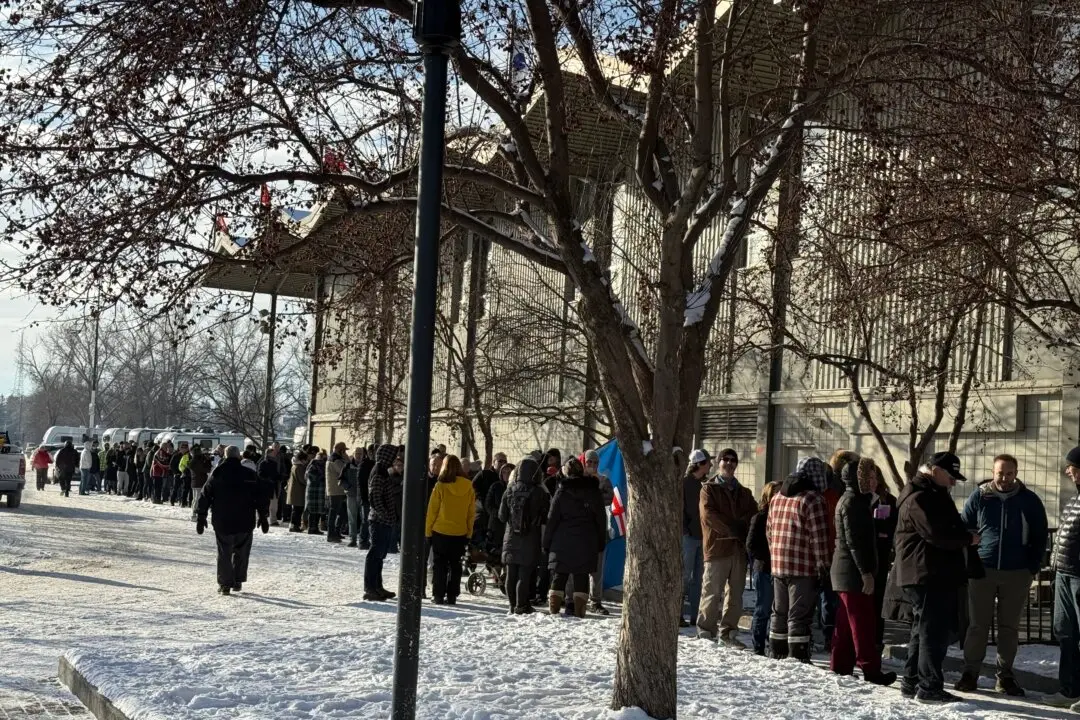Commentary
Canadians were horrified as the carnage and bloodshed were unfolding in Israel during the unprecedented terrorist attack by Hamas was unfolding. The horror turned to outrage for many when the social media account for the Canadian Union of Public Employees (CUPE) local 3906 cheered on the attack, saying “Palestine is rising, long live the resistance!”





